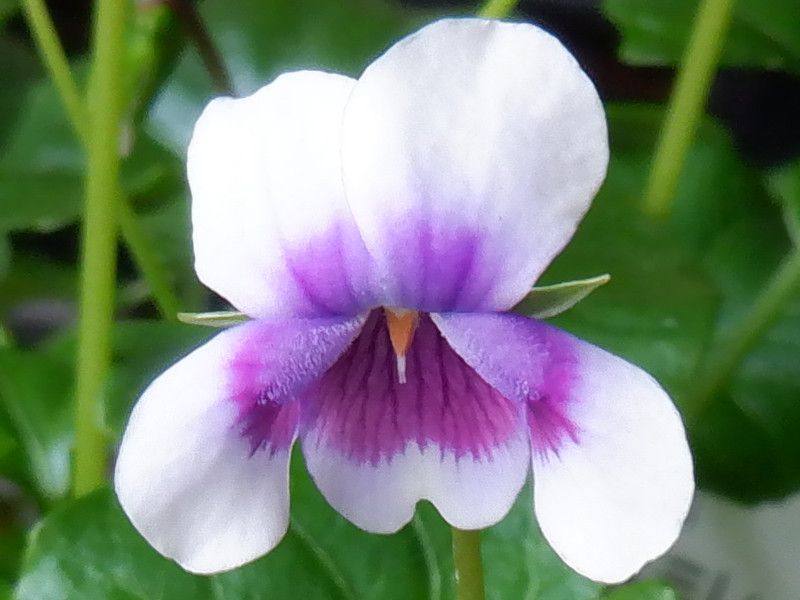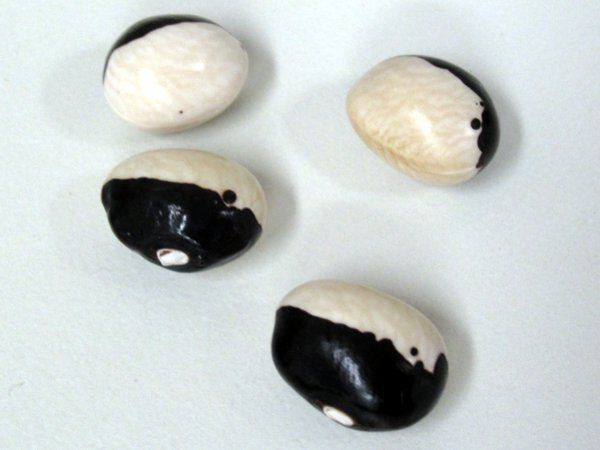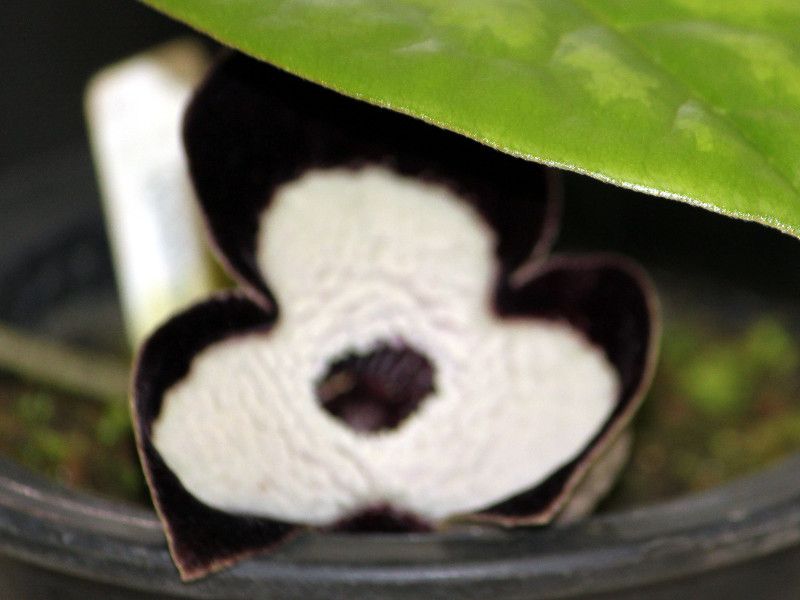Viola banksii
- Flower nameViola banksii
- Scientific nameViola banksii
- Aliasビオラ・バンクシイ, ツルスミレ, パンダスミレ, タスマニアビオラ, スミレ・バンクシー, Viola banksii, native violet, 蔦菫
- Place of originsouthern Australia
- Place of floweringGarden, Botanical Gardens, Overseas, Potted flower
- Flowering seasonApril, May, June, July, August, September, October, November
What is Viola banksii
Endemic to Australia, violets bloom all year round.
Viola banksii (Scientific name: Viola banksii) is a cold-hardy perennial herb of the violet family (Violaceae), endemic to eastern Australia. It is native to the eastern coastal regions of the continent, from Queensland to Tasmania, where it grows in wastelands and open areas. Its English names include Viola banksii, Native Violet, Australian Violet, Tasmanian Violet, Trailing Violet, and Ivy-leaved Violet. Horticulturally, it is also called Panda Violet, and other names such as Violet Banksii and Creeping Violet are used as well.
The plant grows to a height of 10–15 cm, spreading by runners that form a dense mat-like structure. The leaves are bright green, kidney-shaped to round, with a deeply indented V-shaped groove at the base, giving them a heart-like appearance. These leaves are arranged in a rosette on short stems. The flowers bloom almost year-round and can even appear during the snowy winters of Tokyo. Each flower consists of two upper petals, two lateral petals, and one lip petal, with the lateral petals being nearly circular. The white petals are marked with purple blotches at the center, and fine white hairs grow from the base to the center of the lateral petals. The tips of the petals curve backward.
Due to its strong reproductive ability, this plant is often used as ground cover. However, to control its spread, it is commonly grown in pots rather than gardens.
The term "Panda"
The term "Panda" is affectionately used for items with two-tone designs that evoke the appearance of pandas.
Several examples of such names are listed below.




Left: V. banksii, Cebter Left:vulgaris-calypso, Center Right:/asarum-maximum, Ringht:Animal Panda
The Japanese name Tsuta-sumire (Ivy Violet) comes from the resemblance of its leaves to those of ivy. Its English names are derived from its classification within the violet family, its native and endemic status, and geographic references such as Banksii and Tasmania. Additionally, the trailing habit of its runners inspired names like "Trailing Violet." The two-tone combination of white and purple flowers led to the affectionate nickname "Panda."
Common name:Viola banksii,
Scientific name: Viola banksii,
also known as pandanus violet, Viola banksii, Tasmanian viola, vine violet,
classification: Plantae, Magnoliophyta, Dicotyledons, Violetaceae, Violet species,
origin: Australia, grass height: 10-15 cm,
leaf shape: kidney-shaped, leaf length: 1.2-3.5 cm, leaf width: 2-6.5 cm,
flowering season: April-June, September-November, flower color: purple and white, flower diameter: 2 cm.
Related pages
Viola banksii
Special features:Violet









